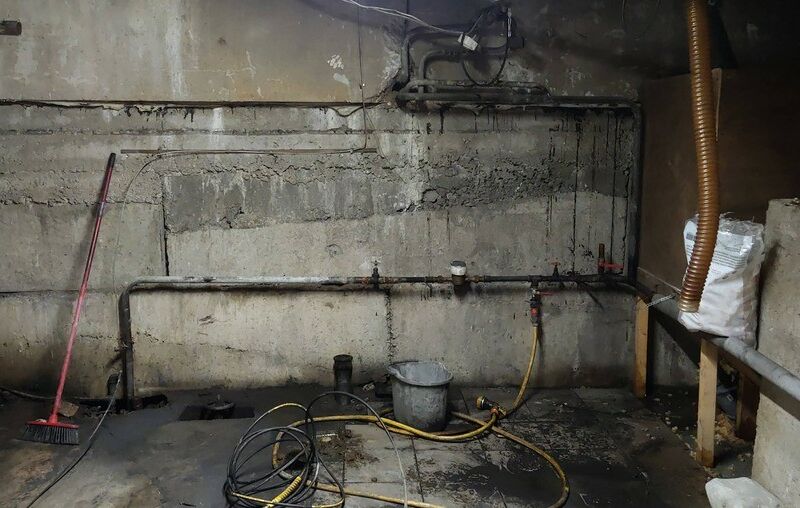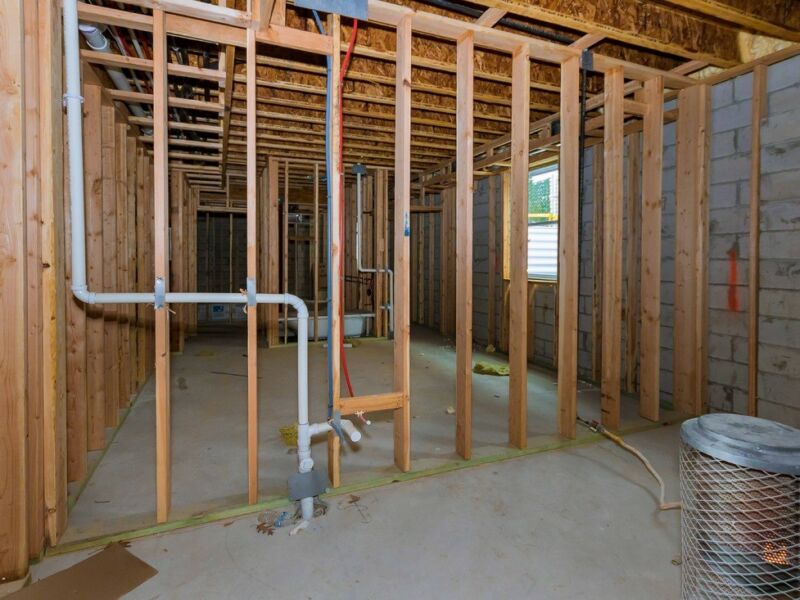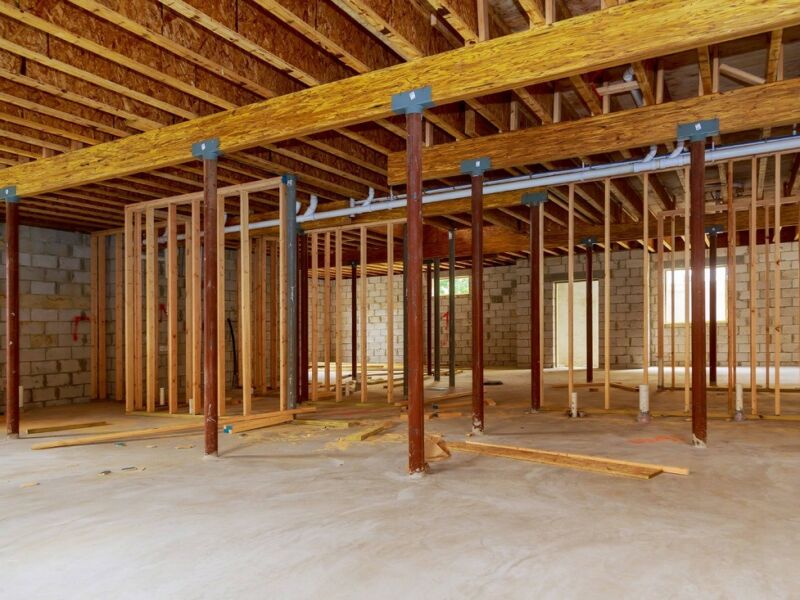
Introduction
Basement flooding can cause significant damage to your property and pose potential health risks. When it comes to sewage backup in basements, immediate emergency response is crucial to protect your property and ensure the safety of your family. In this article, we will delve into the importance of emergency response for sewage backup in basements, the steps to take when faced with such a situation, potential health risks associated with sewage backup, and the role of professional water damage restoration services in mitigating the damage.
The Importance of Emergency Response

When sewage backs up into your basement, time is of the essence. Acting quickly can help minimize the damage and prevent further complications. Here are some reasons why emergency response is essential:
1. Prevent Property Damage
Immediate emergency response can help prevent extensive damage to your basement and its contents. Sewage contains harmful contaminants that can deteriorate building materials, furniture, appliances, and personal belongings. By addressing the issue promptly, you can salvage as much as possible and minimize the need for costly repairs or replacements.
2. Protect Your Health
Sewage backup poses serious health risks due to the presence of pathogens, bacteria, and viruses. Exposure to contaminated water can lead to various illnesses, including gastrointestinal infections, respiratory problems, and skin irritations. Taking swift action to remove sewage and clean the affected area can protect you and your family from these health hazards.

3. Prevent Mold Growth
Basement flooding creates a moist environment that is ideal for mold growth. Mold can start growing within 24 to 48 hours of water exposure, leading to further damage and potential health issues. By addressing sewage backup promptly, you can mitigate the risk of mold formation and ensure a safe and healthy living environment.
Steps to Take in Case of Sewage Backup
If you experience sewage backup in your basement, follow these steps to minimize the damage and ensure your safety:
1. Ensure Personal Safety
Before attempting any cleanup, prioritize your safety. Sewage contains hazardous substances, so it is crucial to wear protective gear such as gloves, goggles, boots, and a mask to prevent direct contact and inhalation of harmful contaminants. If the water level is high or if there is extensive damage, it is best to evacuate and seek professional assistance.
2. Turn Off the Power
To avoid the risk of electrical shock, locate your electrical panel and turn off the power supply to the affected area. If you are unsure about how to do this safely, contact a qualified electrician for assistance.
3. Call a Professional Water Damage Restoration Service
Contacting a professional water damage restoration service, like JGW Group Water Damage Restoration Las Vegas at 725-240-0640, is crucial for handling sewage backup in basements. These experts have the necessary knowledge, equipment, and experience to safely and effectively remove sewage, sanitize the area, and restore your basement to its pre-damage condition.
4. Document the Damage
Take photos or videos of the affected area and any valuable items before you start the cleanup process. These visual records will be important for insurance claims and can help expedite the reimbursement process.
5. Remove Standing Water
Using pumps or wet/dry vacuums, remove the standing water from your basement. Be sure to dispose of the extracted water properly, following local regulations.
6. Clean and Disinfect
Thoroughly clean and disinfect all surfaces and items that came into contact with the sewage. Use a mixture of bleach and water or a disinfectant recommended by the water damage restoration professionals. Proper disinfection will help eliminate bacteria and prevent the growth of mold and other harmful microorganisms.
7. Dry the Area
Use fans, dehumidifiers, and other drying equipment to remove excess moisture and dry out the affected area. This will help prevent further damage and inhibit the growth of mold.
8. Repair and Restore
Once the affected area is completely dry, assess the damage and address any necessary repairs. This may involve fixing structural issues, replacing damaged materials, or restoring the basement to its pre-damage condition. Enlist the help of professionals for complex repairs and restoration tasks.
Potential Health Risks
Sewage backup can introduce various pathogens, bacteria, and viruses into your basement. Exposure to these contaminants can cause the following health risks:
- Gastrointestinal infections
- Respiratory problems
- Skin irritations and infections
- Allergies and asthma exacerbation
- Eye and ear infections
It is crucial to seek immediate medical attention if you experience any symptoms after coming into contact with sewage.
Professional Water Damage Restoration Services
Professional water damage restoration services play a vital role in mitigating the impact of sewage backup in basements. These experts have the knowledge, experience, and specialized equipment to:
- Remove sewage and contaminated water safely
- Thoroughly clean and disinfect affected areas
- Restore damaged structures and materials
- Assess and address potential mold growth
- Implement preventive measures to avoid future incidents
By entrusting the restoration process to professionals, you can ensure the complete removal of sewage contaminants and the restoration of your basement to a safe and habitable condition.
FAQ
Q: What should I do if I have a sewage backup in my basement?
Q: Can I clean up sewage backup in my basement myself?
Important Facts and Statistics
- Most homeowners will pay an average of around $4,300 to repair a flooded basement.
- Basement water damage can lead to mold growth within 24 to 48 hours.
- Hurricane Sandy, which occurred in 2012, caused widespread basement flooding and extensive damage in New Jersey.
- According to water damage statistics, October 2023 witnessed significant flooding in several New Jersey counties, affecting more than half of the state’s population.
Remember, when facing sewage backup in your basement, immediate emergency response and professional water damage restoration services are crucial for protecting your property and ensuring your health and safety.



